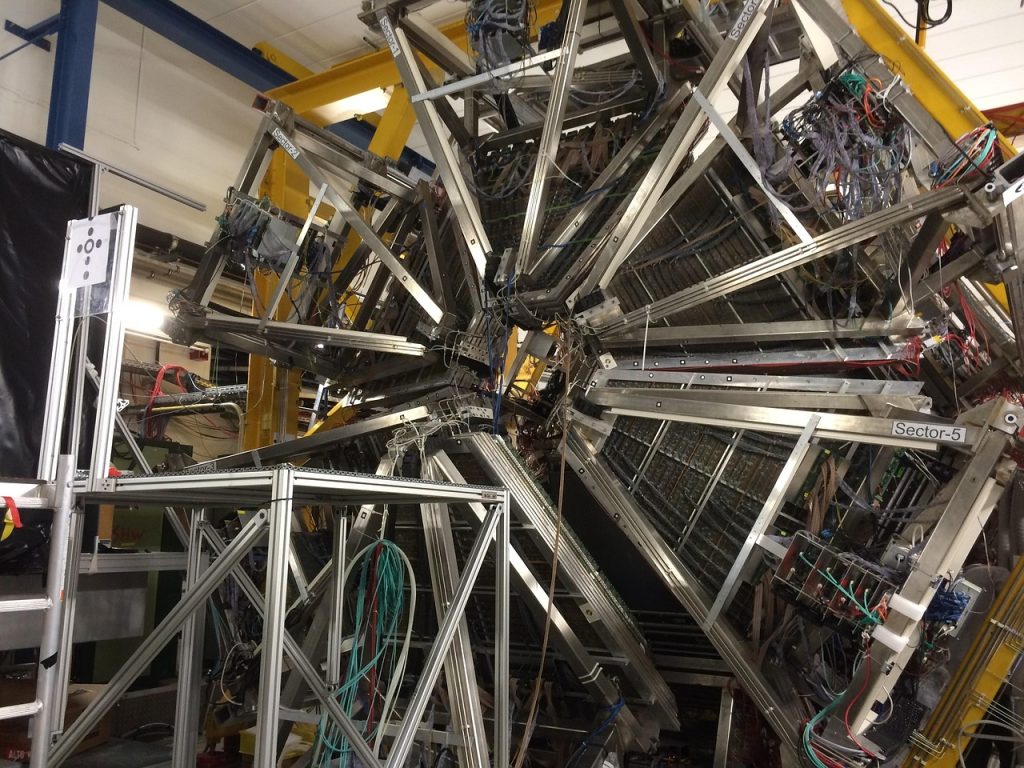Quantum technologies are a growing phenomenon, bringing new levels of sensitivity and intelligence to sensing and modern-day problem solving within some of the largest industries, and generating extremely high valued assets as a result. Quantum sensing and quantum computing are two of the technology sectors covered in IDTechEx‘s portfolio of Quantum Technologies Research Reports.
Sensing with unmatched sensitivity
Measuring variables invisible to the human eye is the main job of quantum sensors, with these including gravity, electric and magnetic fields, time, and motion. IDTechEx’s report, “Quantum Sensors Market 2026-2046: Technology, Trends, Players, Forecasts“, covers predictions and primary applications within this sector.
Sensitivity is a key quality for quantum sensing, as the technology is concerned with measuring some of the smallest known particles, including atoms. The sensitivity attributed to quantum sensors is orders of magnitude higher than that of regular sensors, assigning them a high market value and exceptional quality and performance.
The quantum sensor market is expected to grow with a CAGR of 9.0%, and hit US$1.9 billion by 2046, demonstrating an expectation for this technology to take off and showcasing the scope for development over the next two decades.
Tunnelling magnetoresistance (TMR) magnetic field sensors are predicted to be the largest application for the quantum sensor market, as they are now a mature technology and have been commercialized within the consumer electronics and automotive sectors. The low-cost, chip-scale solutions available for TMR sensors make them an established contributor to the growth of the market. Single photon detectors currently follow as the second biggest application, according to IDTechEx. The multitude of applications for quantum sensors explored in the report highlights the diversity of this technology and its growing opportunity potential.
The quantum computing crossover
Single photon detectors and magnetic field sensors for quantum computing applications are both expected to create another huge uptake for quantum sensors, creating a crossover between two quantum technology sectors.
Quantum computing can provide accelerated problem-solving capabilities when compared to classical computers. The leading industries supporting the sector include aerospace, automotive, chemical, and finance, known in particular for their optimization and simulation tasks that include a number of variables. In order for technological advancements to take place, and for new and improved systems to arise, quantum computing is necessary in providing extensive solutions and possibilities to these problems. IDTechEx’s report, “Quantum Computing Market 2026-2046: Technology, Trends, Players, Forecasts“, covers the latest developments.
‘Qubit’ is a buzzword within the quantum computing space, with the number of qubits determining a quantum computer’s ability to not only solve problems, but to do so in as little time as possible. From a large number of qubits, one logical or ‘perfect’ qubit can be made, with these being desirable for their ability to cancel out any potential errors or mistakes. Obtaining the highest number of logical qubits remains a competitive task amongst many quantum computing companies, alongside achieving high speed and fidelity, as the performance of a quantum computer will determine how valuable an asset it is.
Source: idtechex.com

